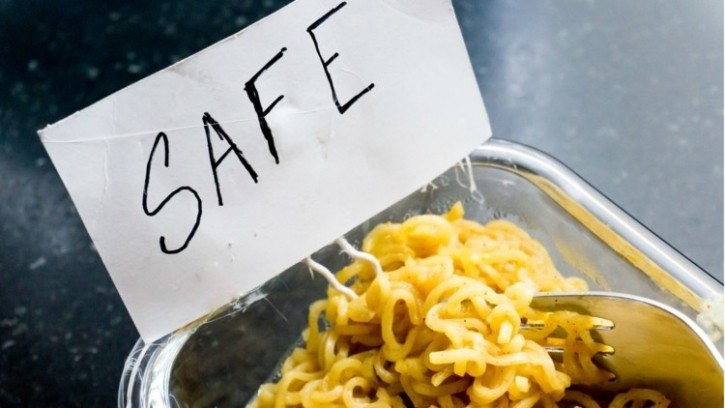High ranks, low scores? India State Food Safety Index data reveals lack of compliance even in top performing states

FSSAI recently unveiled the fifth edition of its SFSI and highlighted Kerala, Punjab and Tamil Nadu (large states), Goa, Manipur and Sikkim (small states) and Kashmir, Delhi and Chandigarh (Union Territories/UTs) to emerge as the top performers amongst all the 28 states and eight UTs in the country.
“The SFSI evaluates the performance of states and union territories across six different aspects of food safety [and] aims to foster healthy competition and catalyze positive change in the food safety ecosystem throughout the country, ultimately ensuring the provision of safe and wholesome food to all residents,” FSSAI stated via a formal statement.
“Union Minister for Health and Family Welfare Dr. Mansukh Mandaviya has felicitated (sic) the winners based on their rankings for the year 2022-23 [and] commended states that demonstrated significant improvement in their State Food Safety Index scores.”
The Indian states are grouped according to large states (20 in total) and small states (eight in total) as well as UTs (eight in total), and the six criteria of evaluation are: 1) Human Resources and Institutional Data (18 marks), 2) Compliance (28 marks), 3) Food Testing Infrastructure (17 marks), 4) Training and Capacity Building (8 marks), 5) Consumer Empowerment (19 marks) and 6) Improvement in SFSI Rank (10 marks).
While the report shows there were undoubtedly improvements made in terms of various SFSI rankings - which a large portion of the report focused on - the data also shows that scoring is generally low across the board. This is especially the case in what would be considered critical criteria such as compliance - even amongst many of the top scorers.
Of the total 100 marks given for judging, no one state or UT scored above 60 marks, with top performer Kashmir coming in at 59.5 followed by Punjab at 57.5.
For instance, for the large state winners Punjab was the highest scorer in compliance at just 18 marks out of 28; for small state winners Manipur scored highest at just 14 marks and for UTs Kashmir scored 16 marks.
Even more concerning was that many low scores in compliance also emerged amongst these top scorers, such as Goa which only scored 9 marks and Tamil Nadu which scored just 12 marks.
Furthermore, far poorer performances were found amongst those that fell below these rankings such as just three marks (Lakshadweep), four marks (Jharkhand, Meghalaya, Puducherry), five marks (Assam, Nagaland) and seven marks (Telangana, Tripura) out of 28 marks total.
This is a troubling finding due to the fact that compliance to food safety measures is essential to keeping the food supply in India safe for consumption, as the government has often stressed, to ensure the health of the population.
Behind the Compliance criterion which took up the largest percentage of 28 marks was Consumer Empowerment which took up 19 marks.
The performance here was somewhat better amongst the larger states with Kerala scoring 16 of 19 marks, Tamil Nadu scoring 17 and Punjab scoring 13; but this was less so in the smaller states with Goa scoring 13, Manipur 11 and Sikkim just 10 marks.
The scores were however quite dismal for other states not in the top rankings – out of 19 marks, these reached as low as one (Bihar, Arunachal Pradesh, Mizoram), two (Chhattisgarh, Jharkhand, Puducherry) and three (Himachal Pradesh, Odisha).
Lakshadweep UT even scored zero for this particular criterion as well as several ohers, in addition to just three points out of 28 for compliance and one point out of 18 for human resources and data.
As such, this represents a dire lack of consumer empowerment in the country overall with regard to control over the safety of their food supply, which in turn represents higher risk to public health.
Credit where due
That said, the establishment of the SFSI is a laudable idea on the part of FSSAI to stimulate competition and ensure states take food safety improvements seriously.
That said, it may be prudent for FSSAI to devote more time and resources to ensure food and beverage businesses across the country are held more accountable for complying with food safety standards.























